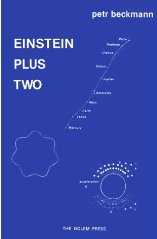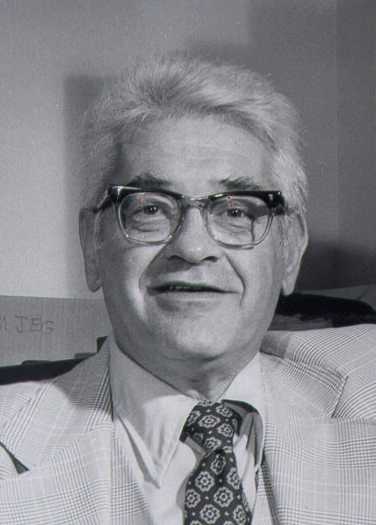Arguably more than any other book, Einstein Plus Two helped launch the dissident revolution of the 1990s. As a consequence of this book, Beckmann founded Galilean Electrodynamics in 1990, a time when several other dissident journals made their start. Beckmann's concept of the relativity principle without Einsteinian observer dependence serves as the major unifying theme. It stresses the idea of motion with respect to the local field rather than to the observer of special relativity theory.
The book is divided into three sections: Einstein Plus Zero, One and Two. In Einstein Plus Zero, Beckmann reexamines the historic experiments of Bradley, Fresnel, Fizeau, Airy, and of course, Michelson with Morley and Gale, and shows how understanding motion with respect to the local field makes sense of them all. In Einstein Plus Zero, he considers quantization of electron orbits, electromagnetic mass, the meaning of Planck's constant and the Schr?dinger Equation from a proper understanding of central motion. Finally in Einstein Plus Two, the large questions of gravitation, Mercury's perihelion, the Titius-Bode Series and inertia are addressed.
"There is so much to enjoy in this book. If you get your hands on this book, even for a moment, at least read the preface and the introduction. They are brilliant and short. His 'Grandiose Theory of the Railroad Track' shows Beckmann's humor and his insight. I also love Mr. Beckmann's simple statement that 'a theory that does not recognize the equality of action and reaction cannot, without apology, invoke the conservation of momentum.'" [p.77] - Larry Koler, Amazon



